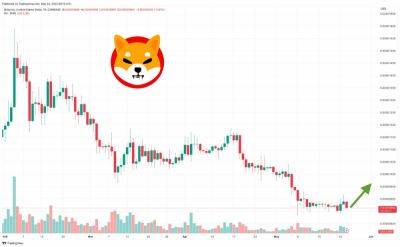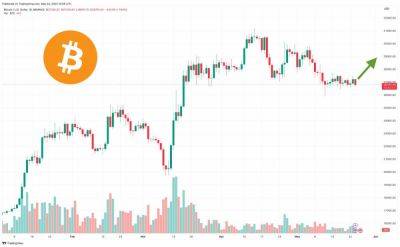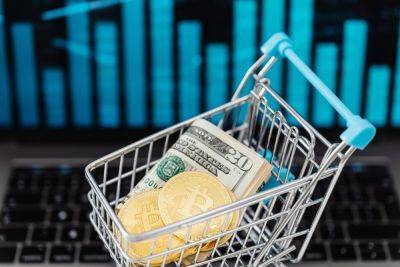From farm to cup: How blockchain is used in the coffee supply chain
Blockchain has a lot to offer to agriculture, helping the oldest industry reach a new dimension. Everything related to data and transactions can be enhanced with traceability, security, and speed. All of these features and benefits can transform agriculture and help it scale. With demand for food and agricultural products expected to jump 70% by 2050, scaling is more than a necessity.
Decentralized ledger technology (DLT) can be intelligently mixed with other innovative tech solutions, including machine learning, Internet of Things (IoT) devices, artificial intelligence (AI), satellites, and drone imagery, to augment the benefits.
The adoption of blockchain can help farmers and other players streamline supply chain processes to increase customer and stakeholder trust. Tracking the origin and transportation of a product can be done in real-time, with the blockchain providing an unmatched level of security for data storage and sharing. Traceability can transform insurance processes, speeding up processes that can take months.
One of the most active agricultural sectors adopting the technology is the coffee industry, the biggest segment in the market for hot drinks, and is expected to reach global revenues of $541 billion by 2025, driven largely by a continued boom in specialty coffees in food service. The largest coffee producers, including Brazil, Vietnam, Indonesia, and Colombia, should be interested in promoting the use of blockchain to boost revenues.
The coffee segment’s revenue will reach $495.5 billion in 2023. The market is expected to grow at a compound annual growth rate of 4.47% (CAGR 2023–2025). Source: Statista
Indonesia is the fourth-largest coffee producer in the world. Coffee plantations cover more than 1
Read more on cointelegraph.com











